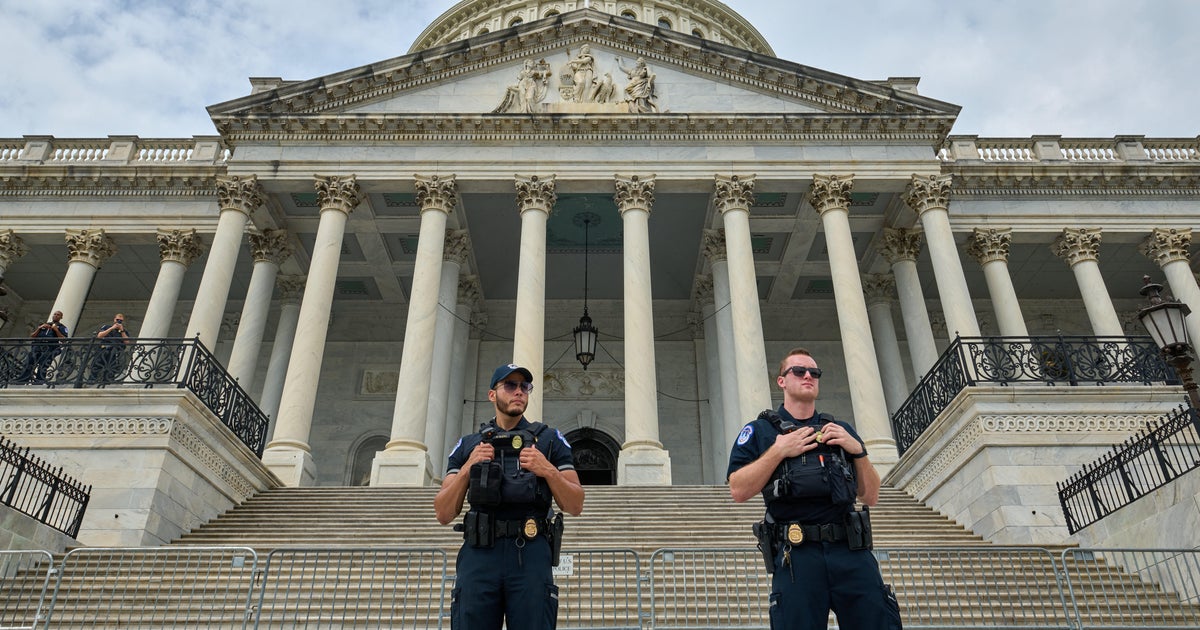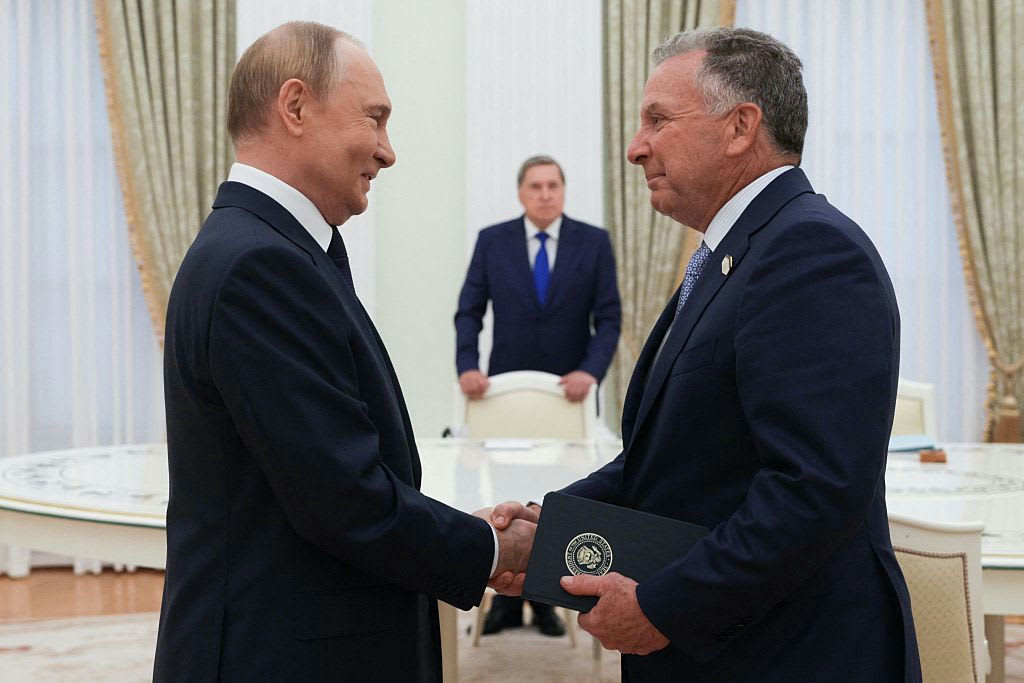U.S. labels Russia-backed Wagner Group as transnational criminal organization, imposes new sanctions
Washington — The U.S. targeted the Russia-backed Wagner Group in a new round of sanctions on Thursday, labeling the mercenary group a transnational criminal organization and accusing it of atrocities in Ukraine and around the world.
The Treasury Department said it sanctioned eight individuals and 16 entities, many with ties to the Wagner Group. The organization is a private military contractor led by Yevgeniy Prigozhin, a close ally of Russian President Vladimir Putin who has also been sanctioned by the U.S. in the past.
"As sanctions and export controls on Russia from our international coalition continue to bite, the Kremlin is desperately searching for arms and support — including through the brutal Wagner Group — to continue its unjust war against Ukraine," Treasury Secretary Janet Yellen said in a statement. "Today's expanded sanctions on Wagner, as well as new sanctions on their associates and other companies enabling the Russian military complex, will further impede Putin's ability to arm and equip his war machine."
The Wagner Group has roughly 50,000 personnel currently stationed in Ukraine, including 40,000 convicts who have been recruited from Russian jails, according to the White House. Its fighters have recently been involved in heavy fighting in the Donbas region of eastern Ukraine, and forced Ukrainian troops to retreat from the town of Soledar this week.
The sanctions accuse the mercenary group of supporting the Russian war effort in Ukraine and "committing widespread human rights abuses and extorting natural resources" in Africa, including "mass executions, rape, child abductions, and physical abuse" in the Central African Republic and Mali.
The Treasury Department also took action against two companies based in Russia and China that provide commercial satellite imagery and aerial footage to the Wagner Group to assist its efforts in Ukraine. Several aircraft companies and technology firms connected to Russia's military were likewise targeted.
Two Russian officials in Putin's presidential administration, Aleksandr Kharichev and Boris Rapoport, were sanctioned for their work in orchestrating referendums in Russia-controlled areas of Ukraine last fall. Western nations widely denounced those elections as illegal and a sham.
The Treasury Department's sanctions block those targeted from accessing any assets in the U.S. and forbids anyone in the U.S. from doing business with them without a special license. They are one of the primary tools the U.S. has used to punish Russia for its invasion of Ukraine, which is approaching its second year next month.
John Kirby, a spokesman for the National Security Council, previewed the new sanctions during a White House briefing last week. He said the U.S. has seen signs that "tensions between Wagner and the Russian Ministry of Defense are increasing" as Putin relies more heavily on Wagner personnel.
"Wagner is becoming a rival power center to the Russian military and other Russian ministries. Publicly, Prigozhin and his fighters have criticized Russian generals and defense officials for their performance on the battlefield," Kirby said. "Prigozhin is trying to advance his own interests in Ukraine, and Wagner is making military decisions based largely — largely — on what they will generate for Prigozhin, in terms of positive publicity."
Kirby said the sanctions show that the U.S. will "work relentlessly to identify, disrupt, expose, and target those who are assisting Wagner."




